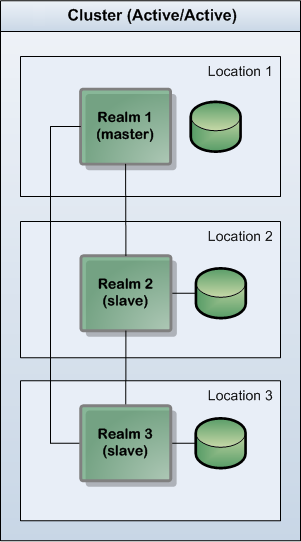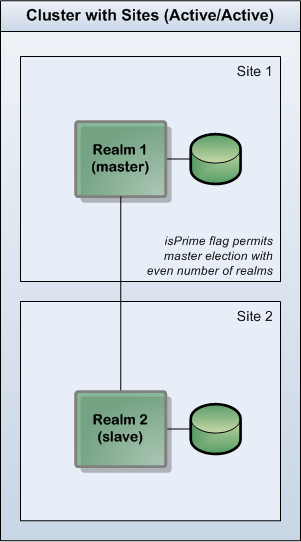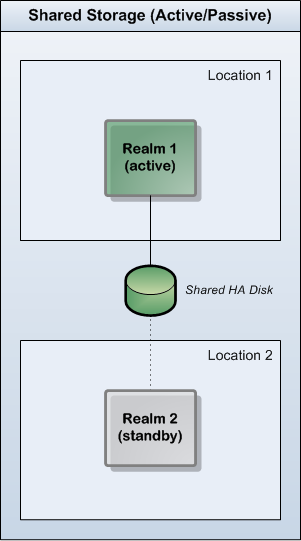Clusters: An Overview
Universal Messaging provides built-in support for clustering in the form of Universal Messaging Clusters (see
Server Concepts) and Universal Messaging Clusters with Sites (see
Clusters with Sites).
Universal Messaging clusters provide support for business contingency and disaster recovery natively or in conjunction with existing BCP enterprise solutions.
From a client perspective a cluster offers resilience and high availability. Universal Messaging clients automatically move from realm to realm in a cluster as required or when specific realms within the cluster become unavailable to the client for any reason. The state of all client operations is maintained so a client moving will resume whatever operation they were previously carrying out.
Three Approaches to Clustering
As mentioned above, Universal Messaging provides built-in support for clustering in the form of Universal Messaging Clusters and Universal Messaging Clusters with Sites. Universal Messaging clients can also use the same clustering functionality to communicate with individual, non-clustered Universal Messaging Realms in Shared Storage (see
Shared Storage Configurations) server configurations:
Universal Messaging Clusters
• Active/Active
• Transparent Client Failover
• Transparent Realm Failover
• Provides Load Balancing and Scalability
Universal Messaging Clusters are our recommended solution for high availability and redundancy. State is replicated across all active realms.
With 51% of realms required to form a functioning cluster, this is an ideal configuration for fully automatic failover across a minimum of three realms.
Universal Messaging Clusters with Sites
• Active/Active
• Transparent Client Failover
• Semi-Transparent Realm Failover
• Provides Load Balancing and Scalability
Universal Messaging Clusters with Sites provide most of the benefits of Universal Messaging Clusters but with less hardware and occasional manual intervention.
This configuration is designed for an even number of realms across two Sites (such as Production and DR). Failover is automatic should the "Non-Prime" Site fail, and requires manual intervention only if the Prime Site fails.
Shared Storage Configurations
• Active/Passive
• Transparent Client Failover
• Manual Realm Failover
• No Load Balancing Features
As an alternative to native Universal Messaging Clusters, Shared Storage (see
Shared Storage Configurations) configurations can be deployed to provide disaster recovery options.
This approach does not make use of Universal Messaging's built-in Cluster features, but instead allows storage to be shared between multiple realms - of which only one is active at any one time.
In general, we recommend the use of Universal Messaging Clusters or Universal Messaging Clusters with Sites.



